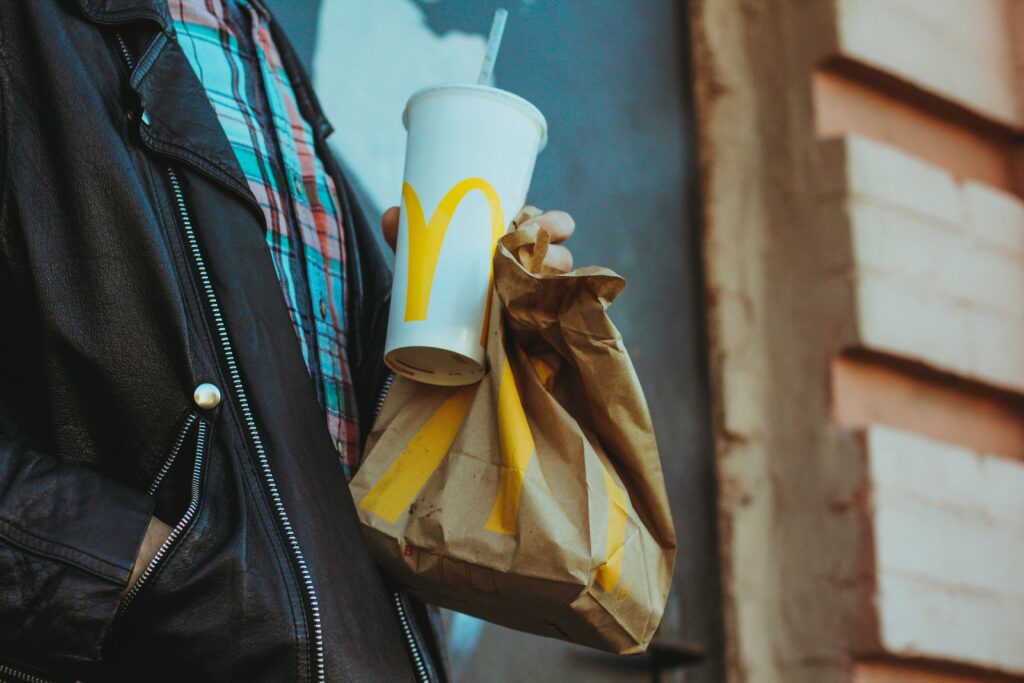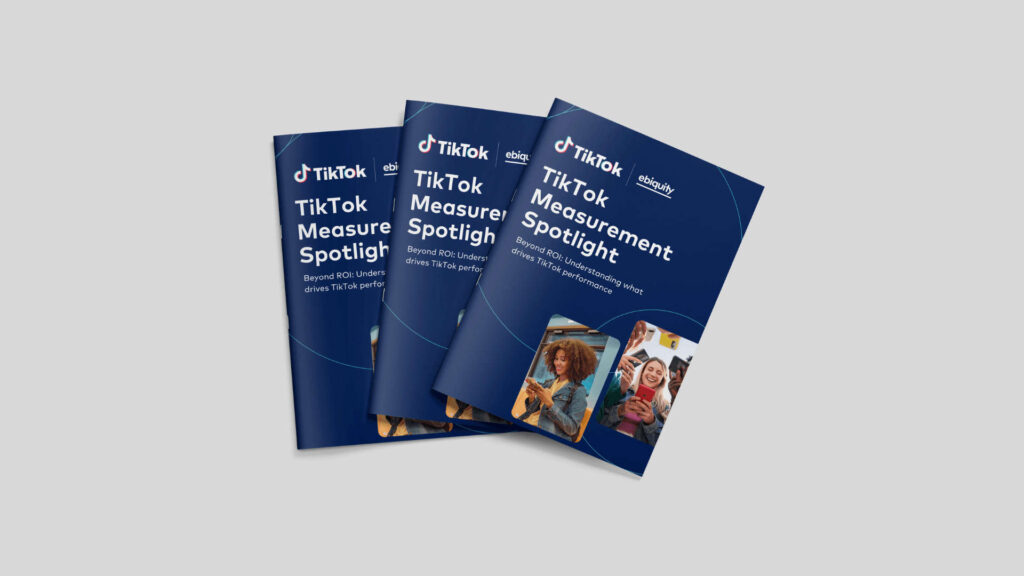Imagine a scenario where all of retail and fmcg brands’ revenue came from short-term sales spikes, promotions and discounts, rather than long-term purchases driven by commitment to the brand.
A scenario close to this reality may not be too far away if the retail and fmcg sectors don’t shake up their marketing effectiveness strategies. And though there are far more significant concerns around coronavirus, this will be important to consider over the coming weeks or months.
McDonald’s provides some insights here. A weak earnings call in November 2019 was blamed on a focus on promotions that failed to lure new customers from competitors. Luckily for McDonald’s, over the long term it has also invested in the brand’s distinctive visual, auditory and verbal assets to the point that they can place nothing more than the words ‘Muffin’, ‘Egg’, ‘Sausage’ and ‘Cheese’ in an out-of-home ad.
This long-term investment has helped soften the effect of a promotions-heavy strategy. The evidence is that after retreating from promotions, the brand boasted its best growth in a decade.
The strength of its brand in a highly saturated fast dining market means McDonald’s places third in YouGov’s list of most popular brands – Greggs is first. No amount of pot-shots by its competitors – who are more focused on deals and discounts – will unsettle the power of long-term brand building by McDonald’s.
The problem is that financial pressures skew brands towards an emphasis on shorter payback periods and cost reduction, rather than investing in the right messaging and using the right distinctive brand assets to deliver it over the long term.
This is not a blame game – the c-suite of brands is under enormous pressure to deliver, and to deliver quickly. But research shows that 18% of sales occur in the hours or days following media activation against much greater returns from long-term brand-building.
This short-term focus on immediate sales spikes results in ineffective marketing decisions over the long term that fail to help establish a brand’s foothold in the retail and fmcg market. During the period of economic downturn that seems on the horizon, brands that invest in the long term stand the best chance to weather the storm.
There are some north stars. Pukka Pies is also enjoying good sales thanks to investing in a campaign to “re-engage the nation in eating more pies”. Better still: Greggs. No doubt, as some analysts suggest, the launch of the famed vegan sausage roll has played a part in the revenue uplift. But the bigger picture is that it’s invested in its brand assets to present itself as a credible on-the-go outlet over the long term.
Be like Pukka Pies. Be like Greggs. And most importantly of all, be safe.
This article was featured in The Grocer.
First featured 18/03/2020.








